What Are the World’s Most Intelligent Animals?
Published Nov. 24 2020, 5:40 p.m. ET
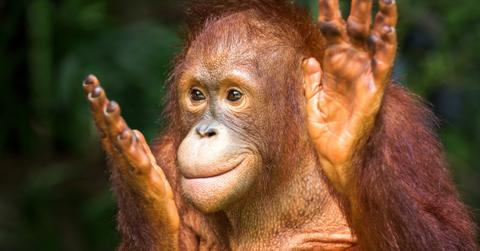
Ranking a tier list of some of the most intelligent animals is not exactly an easy task. For one thing, no list is going to be definitive, not yet anyway. Scientists are always discovering new facets of animal intelligence and discovering new things about what our animal friends are capable of learning. For another thing, intelligence in animals isn’t measured by a simple IQ test. Animals can be intelligent in different ways. Taking both those things into account, it still begs the question: What are the world’s most intelligent animals?
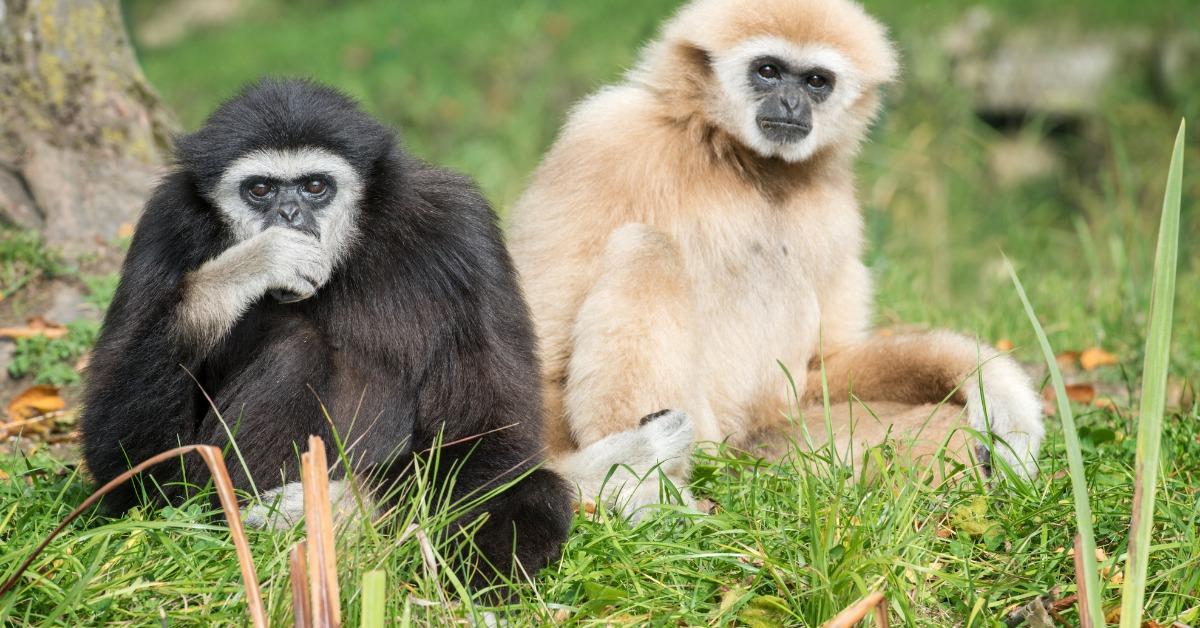
How does animal intelligence work?
Animal intelligence, including human intelligence, evolves according to how well that intelligence helps those animals to succeed in their natural habitat. Humans are no different. Our intelligence evolved towards communication and so we measure it using a number of different indicators. These include things like self-awareness, creativity, abstract thinking, cooperation, altruism, problem-solving, maths skills, social learning, language, and communication skills.
We used to test animal intelligence using those same indicators until we realized that animal intelligence often evolved in very different ways. Apes may have been very similar to humans, but many do not possess the same need for communication and community.
This makes exploring animal intelligence somewhat problematic for scientists. No matter how different that intelligence may seem, though, we can only draw from our own experience. Thus, the intelligence of the species represented on this list is measured in relation to our own.
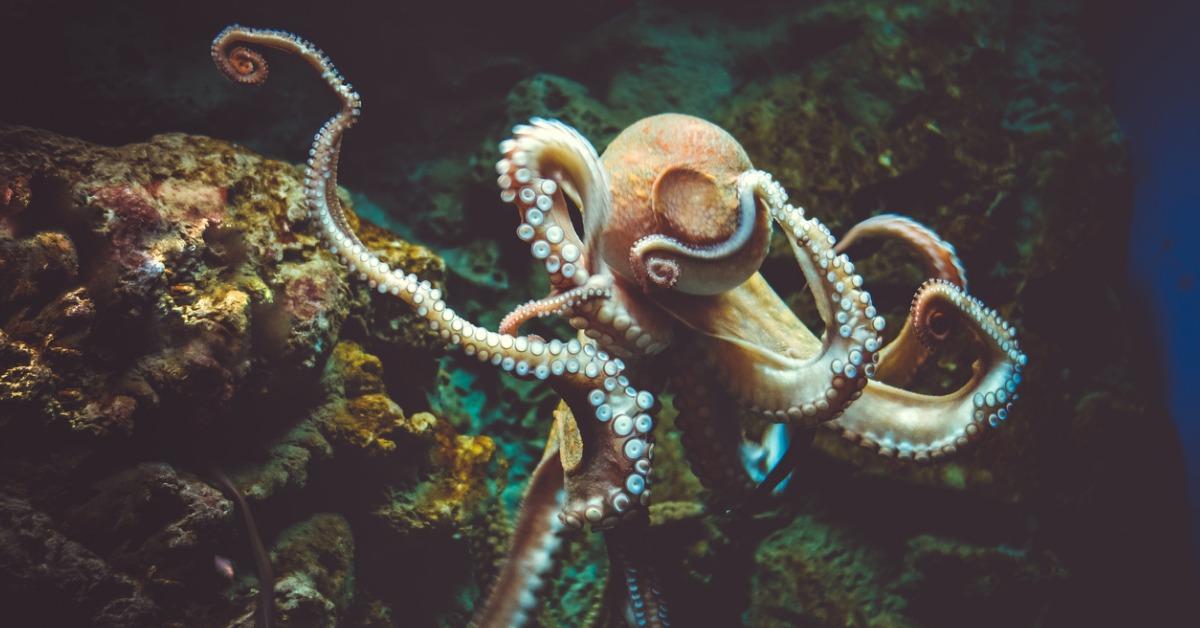
Octopuses are the smartest invertebrate.
Not every intelligent animal has to have a spine. The octopus is a prime example of animal intelligence that has little to do with their talent for communication. Octopuses are solitary creatures, living, and mating on their own. They also live underwater, a place where communication is exceptionally difficult without echolocation.
Nevertheless, they have the largest brain of any invertebrate and even share some of the complex features of human brains, such as folded lobes. As if that weren’t unusual enough, 60 percent of octopuses’ neurons are in their arms, according to Scientific American.
Octopuses have been observed using tools to hide, protect themselves, open shells, and even break out of aquariums. They can unscrew the jar lids and navigate through mazes rather quickly. There are even reports of octopuses evincing “play behavior” by using their siphon to send a toy ball flying into the current of an aquarium filter, catching it when it returns to them, and doing it again!
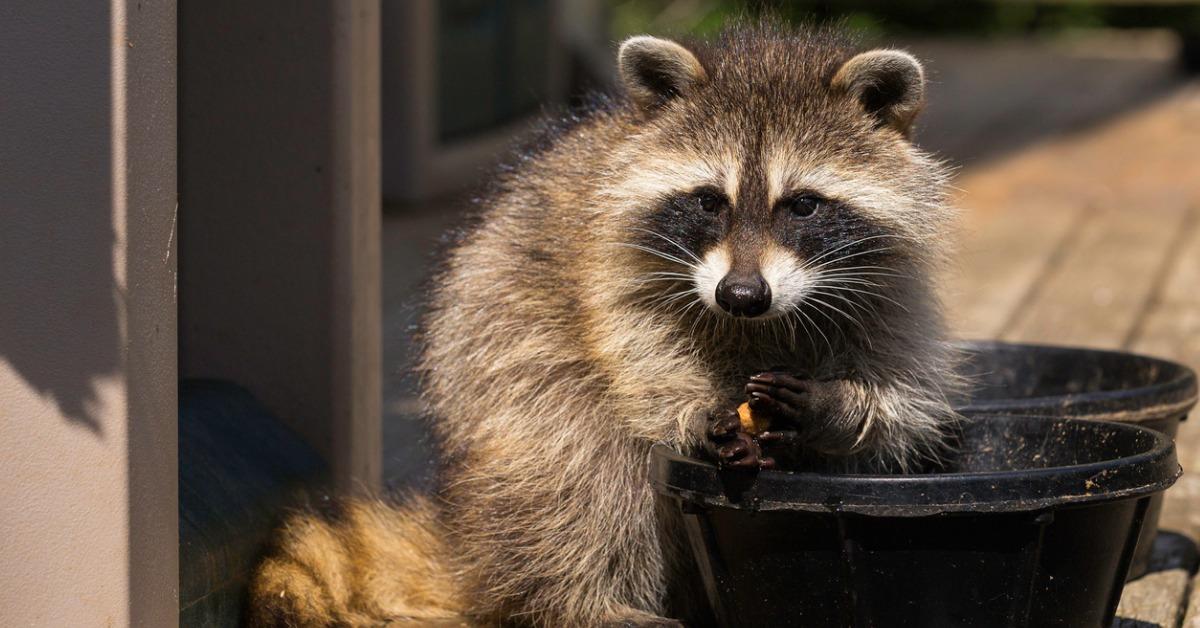
Raccoons are brilliant little thieves.
Raccoons may be nothing more than pilfering Trash Pandas to some people, but they didn’t get this reputation by being foolish. Raccoons have been observed picking locks and remembering the solutions to problems over the course of many years. They are known for finding creative solutions to problems that would confuse even young human children.
Scientists believe that part of this increased intelligence is due to human societal development. Raccoons may have been smart enough to get by before we started building our communities on top of their territory, but the challenges presented by our modern-day locks, dumpsters, and kitchen windows, have enabled them to evolve an intellect based more on problem-solving than anything else.
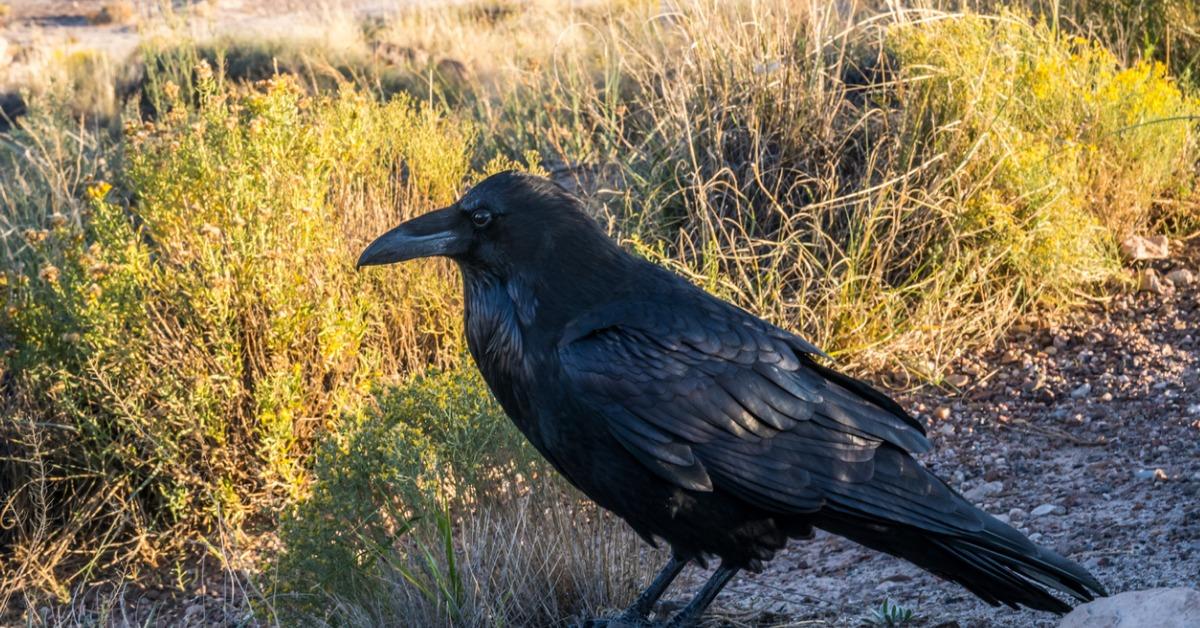
Crows pass down lessons and learning.
Crows are part of the super-intelligent corvid bird family. They are the only birds known to invent and use tools for specific purposes, like making a hook or a stick to reach something inside something else. The ability to understand cause and effect is a sure sign of intelligence. It’s something that human children only truly learn after their first year of life. Crows pass other lessons down through the generations as well.
Not only can they make the tools, but they can pass down the lessons of these tools to younger generations. Younger crows have been shown watching their elders and in some cases, improving on the design of their tools. It should come as no surprise to learn that crows are also excellent communicators, not just with each other, but also when it comes to responding to human words and gestures.
These lessons include which humans to avoid, which to embrace, and which to actively assault. If you wrong a crow and they see you, their relatives will attack you on sight every time you catch their beady, little eye. If you help one out, they might offer gifts and their trust in a way that few other animals will.
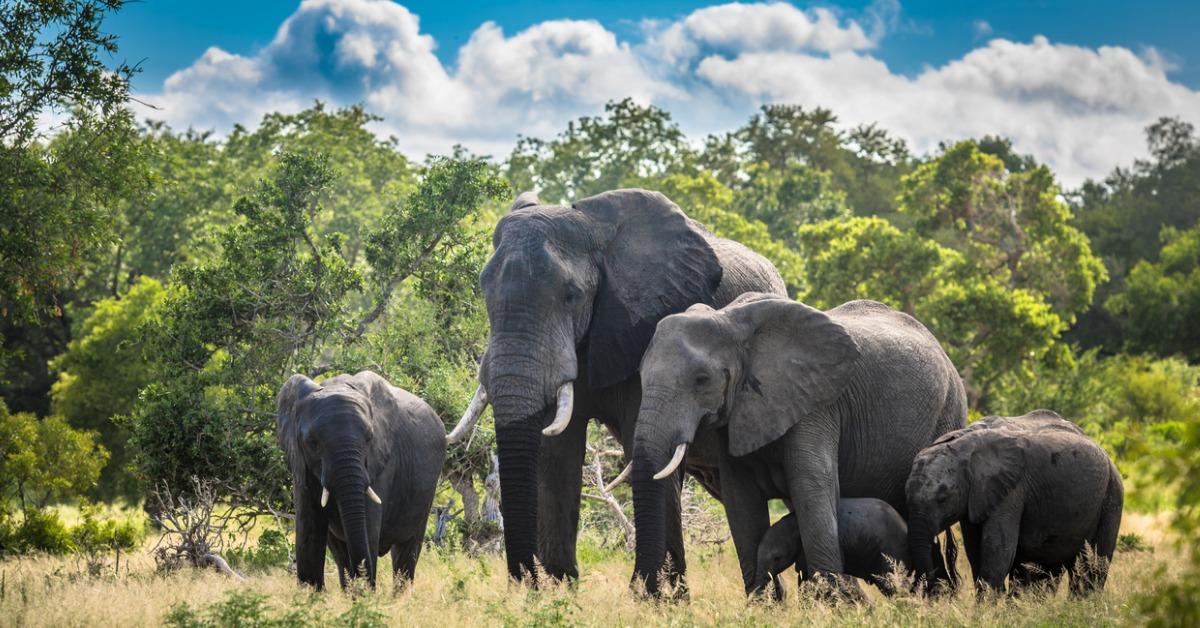
Elephants possess self-recognition.
They say an elephant never forgets. This isn’t just a superstition or a stereotype, either. Elephants are known to have excellent memories. They are also capable of exceptional empathy, can work cooperatively with others to solve puzzles, and possess something that few other animals possess — self-awareness.
According to Live Science, elephants are able to look in the mirror and recognize that the reflection staring back at them is their own. This is something that even the most intelligent dogs cannot accomplish. Elephants also have the largest brain of any land animal, and though that doesn’t always prove to be an indicator of intelligence, the size of that brain, relative to their body, actually does.

Dogs understand and mirror our behaviors.
Dogs use their intelligence to relate to humans. Unlike other animals, which don’t overtly display things like emotion or compassion, dogs are able to understand, empathize, and respond to our actions, expressions, and even our words. In this way, dogs are even better at recognizing human behavior than more conventionally intelligent animals like primates.
Studies have shown that dogs are better at observing and understanding overt gestures like pointing or even subtle gestures like eye movements, better than any other species — better than some humans we’d wager. Dogs also have the capability to understand and react to more than 165 human words. They can recall object names and comprehend the basic elements of English grammar.